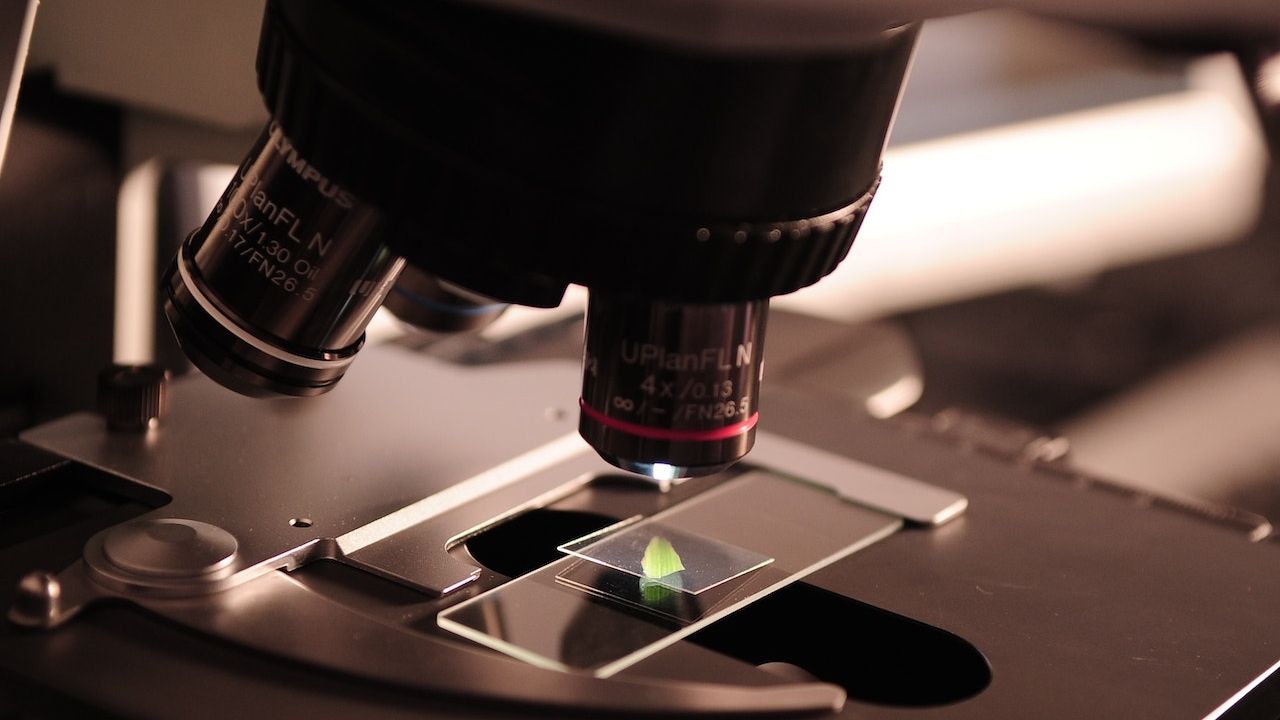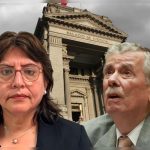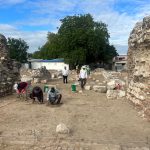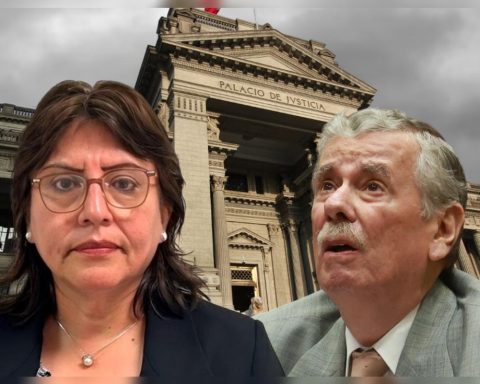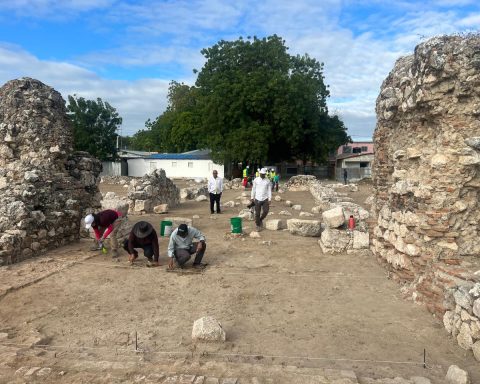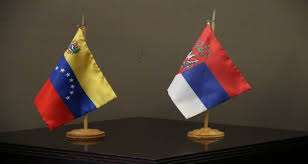Every year from 2018, at the beginning of October, Chili commemorates the National Day of Science, Technology, Knowledge and Innovation, an initiative that coincides with the creation of the branch ministry in the country. This date was established by the UNESCO in 2001with the purpose of bringing activities and scientific development closer to citizens.
In this stage, authorities, academics, former ministers and National Awards of the University of Chile They analyzed the challenges facing the nation in terms of scientific and technological development, especially after the publication of the 2023 budget and in the context of the discussion to prepare a new constitutional proposal.
The announcement of a budget of 9.6 percentage points in science and technology made by President Gabriel Boric for 2023 is seen as an important opportunity for the country and the development of this area with the future in mind. Enrique AlisteVice-rector of the Research and Development Vice-rectory of the university, assures that it is “The first very strong signal that there is a will to carry out an effective increase in what the budget means for this relevant issue.”
For the academic and National Geography Award 2018, “There is still a long way to go. Because the percentage increases in GDP in budgetary matters establish important challenges (…) “Do we have an institutional framework that is prepared to support budget execution with this increase? It is a necessary discussion. We have the responsibility to carry it forward in order to mobilize a broader reflection.”
For the development of Chile
The United Nations Organization declares that science has a fundamental role in building peace by promoting international cooperation to achieve development, which is why it is so important for Chile and the planet.
The Survey on expenditure and personnel in Research and Development of the Ministry of Science, Technology, Knowledge and Innovationaround data referenced in the year 2020, show that investment in R&D in Chile it remains in 0.34% of GDPrepresenting a drop of $14,938 million in relation to the last survey carried out on the matter.
According to this investigation, the last 10 yearsfrom the 2010 to the 2020there has not been a great economic increase in this area, however, that reality could change.
Before the budget announcement, the academic of the Faculty of Chemical Sciences and National Prize for Natural Sciences in 2022, Sergio Lavanderexpressed that we are in times of change where we must be strategic and invest in quality education and science. “Our scientific community is still small. Developed countries prioritize a significant percentage of their GDP in Science, Technology, Artistic Creation, Innovation and Entrepreneurship. That is the key, the word investment and not expense”he pointed.
For his part, the academic of the Faculty of Medicine, Ricardo Araya Baltraexplained that Chile is at the bottom in terms of investment of resources in science of the OECD countries. “Now that we have another opportunity to write another Constitution and give importance to something that is fundamental for the future of the country”added the also National Prize for Applied and Technological Sciences 2022.
Regarding the new investment of economic resources in scientific research, the government budget for next year you will have an investment of almost 76 billion pesos. On the positive side of injecting more financing in this area, the former Minister of Science, Technology, Knowledge and Innovation of Chile and an academic from the Faculty of Medicine, Andrew Couveexpressed that “We must consolidate in Chile the nascent institutionality around the use of evidence in decision-making, in the articulation of capacities to solve great challenges, in the response to emergencies, and in how these issues are shared with the citizenry.”
His peer, the academic from the Faculty of Medicine, Flavio Salazar and former Minister of the President’s portfolio Gabriel BoricI affirm that “It is necessary to implement a development strategy that has science, technology and innovation at the center, that requires an increase in resources, incorporating elements such as collaboration and decentralization.”
